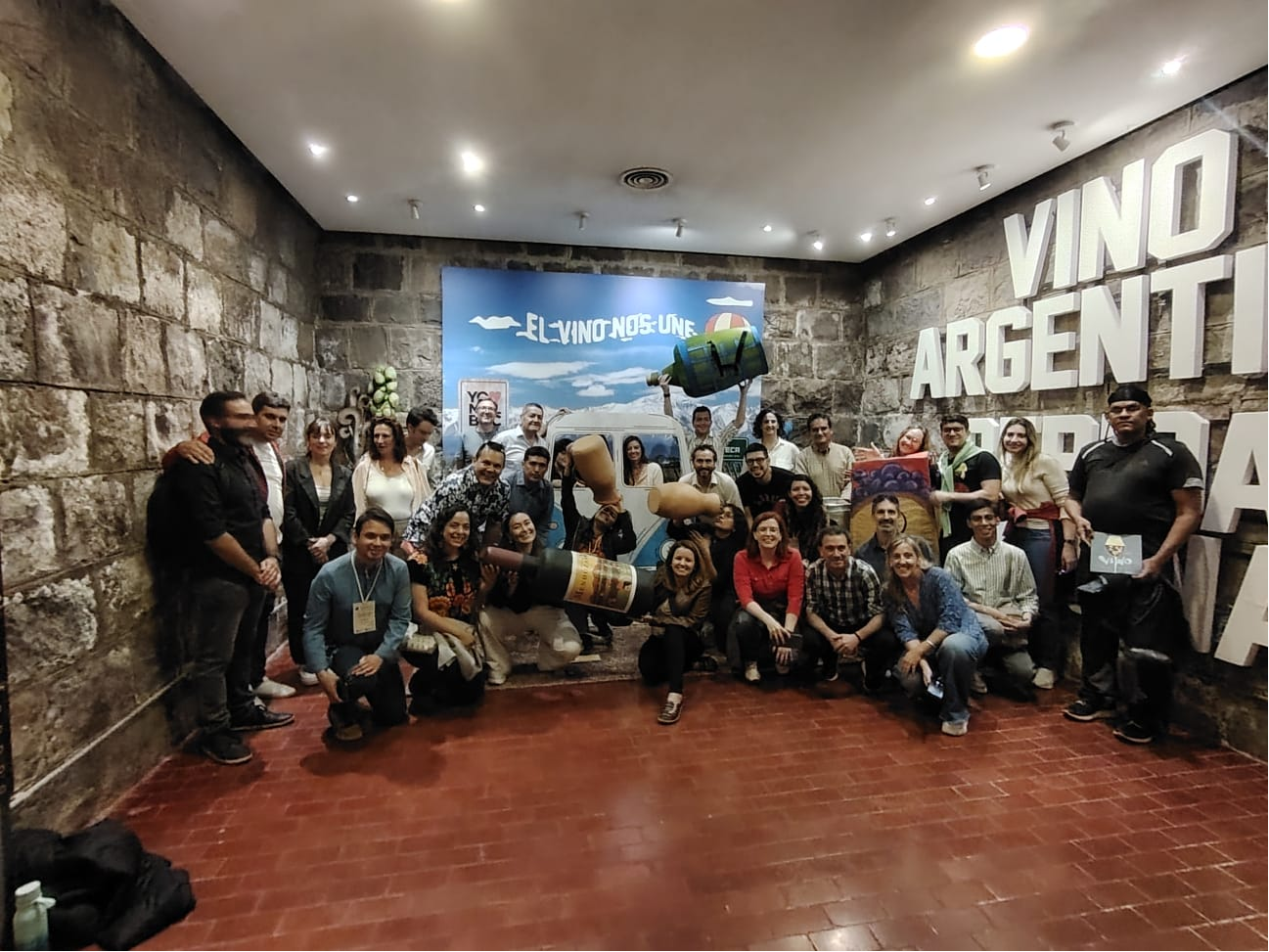Soil and Water in the context of renewable energy
Alumni programme for the training and retention of international alumni form developing countries (BMZ)
| Operational Time: | 01.01.2024 - 31.12.2025 |
| Sponsor: | DAAD |
| Responsible: | Dipl.-Ing. Ingrid Althoff |
Brief description:
In contrast to others, renewable energies cause significantly fewer greenhouse gas and other harmful emissions. Nevertheless, every energy production is associated with the consumption of nature and an intervention in the cultural landscape. Thus, environmental and natural impacts must be minimized when building such systems and the interventions in the ecosystems must be reversible, that means, unlike climate change, consequential damage must be reversible. A nature-friendly energy transition should therefore targeted. For implementing climate goals clean technologies for generating electricity such as hydropower, on- and offshore wind energy and photovoltaics are necessary. In addition to the well-known positive effects, such as the avoidance of CO2 and air pollutants, ground-mounted PV systems, for example, can contribute to nature and species protection as well as soil and water protection. Ground-mounted PV systems offer the opportunity to remove areas from intensive use, because the PV system reduces the economic disadvantages that can arise from extensive cultivation. Extensive cultivation contributes to the development of diverse vegetation structures and thus to increasing biodiversity in the agricultural landscape. In general, locations such as (disused) landfills and dumps or conversion areas with a high degree of sealing or even lakes or dams are also suitable for ground-mounted PV systems. Onshore and offshore wind turbines are often controversially discussed. On one hand, these produce clean electricity, but on the other hand, they can have negative effects on the habitats in their surroundings. Climate change also affects hydropower (drought, heavy rain, shrinking glaciers, changes in the sediment balance) and requires a review of the technical systems and their risk management, also with regard to the waters downstream. An important aspect that is often neglected in the discussion about renewable energy is the foundation, i.e. the anchoring of the systems in the underground. This is an important part of planning and considering stability under the consequences of climate change. The primary goal must be the minimisation the negative effects of renewable energies and to use and promote positive effects for nature, agriculture and society. In addition to clean fresh water and fertile soils, the public, agriculture and Companies also need energy. It is important to provide rural areas with decentralized or semi-decentralized solutions as well, for example to give smaller farms or village communities access to renewable energy and, if necessary, to create additional income through its production.
Seminar in Brasilia - Part 1
The first part of the binary seminar on the topic "Soil and water in the context of renewable energy" took place from September 14 to 21, 2024 under the leadership of the Chair of Geotechnics at the University of Siegen. The seminar was held in Fortaleza, Brazil. 40 experts from twelve Latin American countries as well as from Germany and Spain took part. The seminar served to exchange information on hydro-power and the expansion of Onshore on Offshore wind turbines. Aspects of climate change, environmental compatibility and geotechnical aspects were discussed, but also forms of participation, training and further education, and Just Transition. An excursion, group work and a think tank served to further exchange of information. The first part of the seminar was successfully concluded with valuable discussions and ideas. The presentations are available for the participants.
| Eduardo | Iran | Melissa | Rodrigo | Wilmar | Ingrid 2 |
| Fernando | Jose | Milagros | Roque | Kerstin 1 | |
| Gustavo | Lourdes | Narelle | Sebastian | Kerstin 2 | |
| Hector | Mariana | Nicolas | Thomaz | Ingrid 1 |

Seminar in Argentina - Part 2
The second part of the binary seminar on the topic "Soil and water in the context of renewable energy" took place from March 30 to April 05, 2025 under the leadership of the Chair of Geotechnics at the Uni-versity of Siegen. The seminar was held in Mendoza, Argentina. 45 experts from thirteen Latin American countries as well as from Germany and Spain took part. The seminar served to exchange information about ground mounted photovoltaic systems. Aspects of climate change, nature and environmental pro-tection, the opportunities and challenges and geotechnical aspects were discussed, but also forms of participation, training and further education, and Just Transition. An excursion, group work and a think tank served to further exchange of information. The second part of the seminar was successfully con-cluded with valuable discussions and ideas. The presentations are available for the participants.
| Abbenante | Althoff 1 | Althoff 2 | Beily | Berrio | Brito |
| Castillo | Gomez B. | Gomez M. | Lesny C. | Lesny K. | Morales |
| Olemberg | Palazzo | Pena | Pool | Sulca | Torres |
| Trejo | Vogelmann | Wagner | Zerbone | Schumacher |

